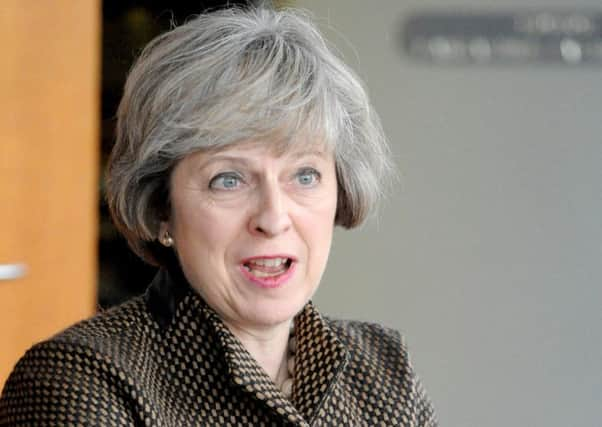IAIN WRIGHT: Uncertainty and risk remain after PM's speech


The Prime Minister’s speech, in many ways, provided more clarity than we have had so far other than the vague announcements that “Brexit means Brexit”.
People will have countless ways of explaining why Britain voted, by a narrow but clear margin, to leave the European Union. But I believe that the Prime Minister has interpreted the result on June 23 as an opinion on immigration and a desire to put in place tighter border controls. I certainly think that was one of the key reasons why Hartlepool voted to leave by a larger than average margin, that, although the town’s population comprises of about 97 per cent white and British-born, that immigration was a concern.
Advertisement
Hide AdAdvertisement
Hide AdThe Prime Minister said in her speech on Tuesday that there will be restrictions on the number of EU nationals who will be allowed into the country. It is by no means clear how this will be achieved: almost in the next breath, the PM said that Britain would welcome economic migrants from the EU and outside in order to combat skills shortages in business. Theresa May was also in charge of the Home Office for six years, with the pledge to reduce immigration to the “tens of thousands”, although net migration is at its highest level. A numerical cap will be difficult to implement, especially if the PM remains committed to welcoming high skilled migrants. In addition, freedom of movement of people may possibly be one of the conditions countries with whom we are negotiating free trade deals insist upon – India, for example, is a key and growing market for Britain and the PM will no doubt wish to conclude a speedy trade deal. The Indian Government has always insisted on free movement of people as part of any such deal – what impact will that have on the PM’s plan to limit immigration?
The PM has judged that the key line in the sand is tighter controls on immigration. The price of insisting upon this is that we will no longer be a member of the Single Market, a marketplace of some half a billion people who are able to trade with the minimum amount of bureaucracy and tariffs being imposed. This price is a significant risk and could be expensive. Many global businesses have decided to locate their factory in Britain, creating jobs as a result, as a springboard into Europe and the Single Market. The fear is that with Britain not being a member of the Single Market, those investment decisions may result in factories not being located in Britain but on the continent. Risk and uncertainty remain, and the Prime Minister will have to demonstrate to workers and businesses how our exit from the Single Market will not see those jobs and businesses drain away to the continent.
The Chancellor of the Exchequer has said that if we do not get a favourable deal, he will “change the basis of Britain’s economic model.” That seems to be a coded way of saying that the government would slash tax rates and rip up existing protection for workers.
That’s not the model that Britain should be pursuing – we are not Monaco. We should have low taxes to motivate innovation, enterprise and hard work, but we also crucially need a robust, resilient and broad tax base to ensure that essential public services like the NHS and the police are adequately funded. And we all know, from the past six years of austerity, what happens to areas like Hartlepool when services are cut– it causes enormous hardship.
So, although the Prime Minister has provided more degree of clarity than she has in the past, there remains some risks to what she is trying to achieve.